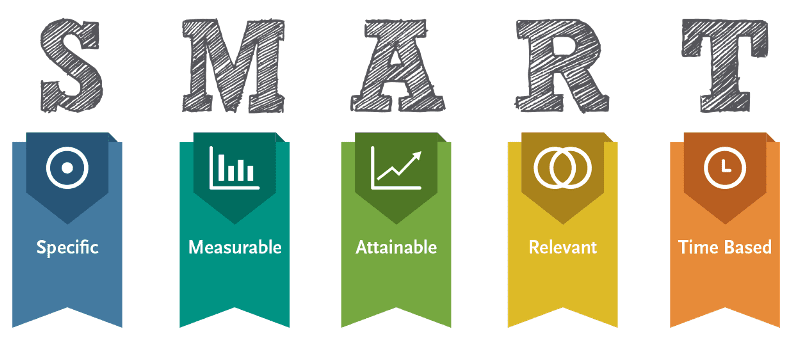

Last week, I gave you a quiz to see how prepared you are. Did you see anything that concerned you?
January is the month of new beginnings and fresh perspective. This is the time to start getting prepared. After evaluating how prepared you are for a crisis, it's time to map out what you want to accomplish in the year to come. In other words, let’s set some goals for this year.
Personalize Your Goals
On my blog I have a list of goals for each month, tailored to the season. Hopefully, you will find one or two that you can work on each month.
But don’t let these monthly goals hamper you. They are just suggestions, small steps that are designed to help you face a variety of personal or community crises. You have to find what works for you and your family. As you set goals for your preparedness plan, you’ll want to consider:

Be Smart
Effective goals are SMART Goals:
Specific—What specifically do you want to achieve? Let's say you want to be prepared for a disaster. Good. Now make it specific. For example, you might plan to have a 72-hour kit for every family member.
Measurable—Frame your goal in measurable terms. You will have kits for everyone and keep it under a set budget.
Attainable—Is this something you can reasonably achieve? You can make it more achievable if you break it down into smaller, more manageable intermediate goals. For example, first you'll get the backpacks for 72-hour kits and then start working on the different components for the kits.
Relevant—Choose goals that will positively impact you and your family. How important is it for you to have these 72-hour kits? How do they help you with your concerns for being prepared?
Time based—Set a deadline for completing the goal. For example, you'll plan to get backpacks for your 72-hour kits by the end of the month, then get the food and water by the end of next month and so on.
Start with a notebook
I would add one more requirement: Your goals should be written down. This is where a family binder comes in handy. A binder is a good place to write your goals, break them down into manageable segments, track your progress and refer to when you want to evaluate and set new goals for the following year. You'll find that a family preparedness binder can be indispensable for helping you organize your plans and keep you on track.
You don't have to be a doomsday, post-apocalyptic prepper. That's not realistic, and it's probably not very healthy. But you certainly can be prepared for some of the common mishaps and crises that many encounter in this crazy and uncertain world. It all starts with a plan. Start yours today.